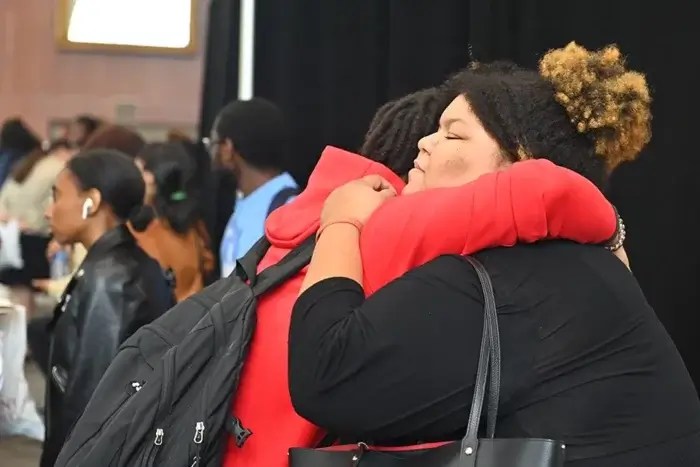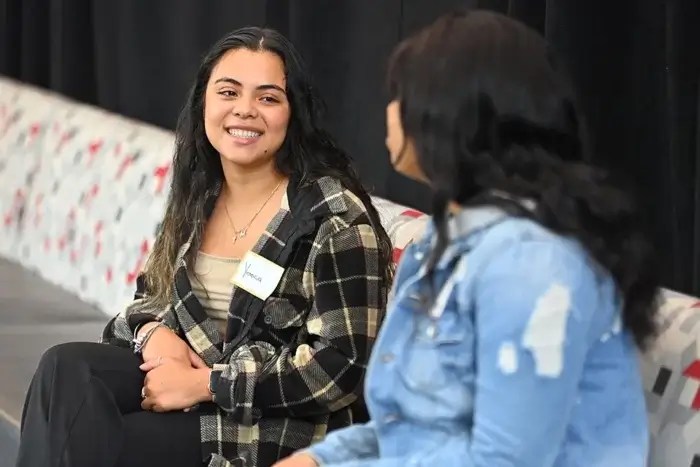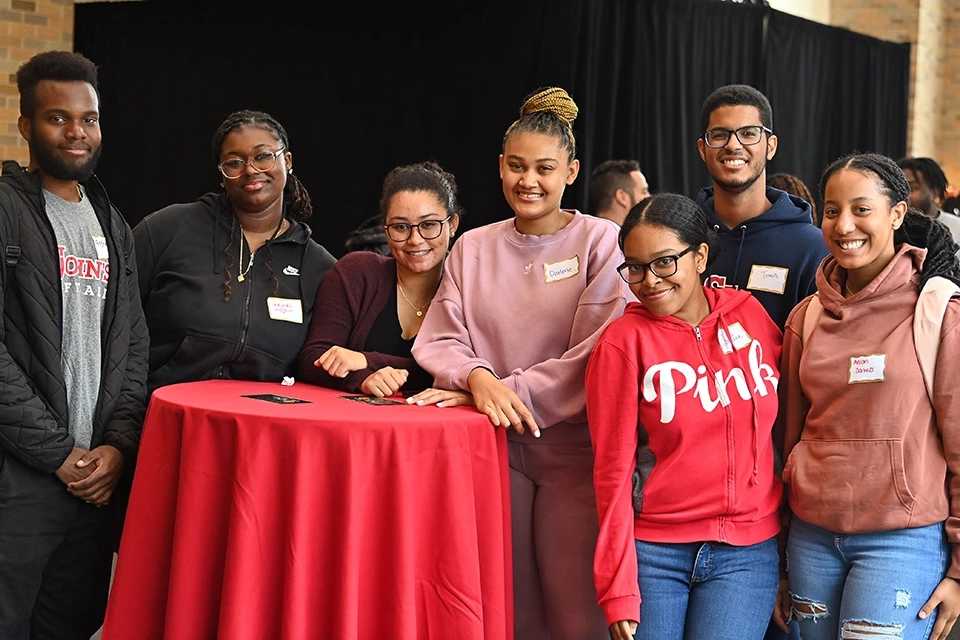St John’s University announced it is the recipient of a grant to support a program aimed at the retention and graduation rates of Black and Latinx students at the school.
The Ichigo Foundation’s $85,000 award supports the R.I.S.E. Network, an academic empowerment community that provides Black and Latinx first-year students with skills development, support, and other tools to enhance the academic and social experience at the University. The Ichigo Foundation is a charitable arm of Ichigo Asset Management, an independent investment manager specializing in Japanese equities.
The R.I.S.E. Network is an initiative of the Division of Student Affairs. Its values are spelled out in the acronym of its name: Reach, Inspire, Succeed, and Empower. First-year students are paired with experienced, high-achieving student leaders and participate in workshops geared toward academic success, career preparation, connectivity, and personal enrichment. First-year students also network with faculty, administrators, and alumni to assist in career preparation.

“St. John’s University is committed to increasing the number of student participants in this program, which offers other benefits while they are here and after graduation,” SJU Director of Corporate and Foundations Rachel O’Reilly said. “R.I.S.E. is a lifelong network, and The Ichigo Foundation’s partnership is a source of strength and inspiration as the University works to achieve this goal.”
Funds from the grant support costs associated with the recruitment and retention of student leaders, internships, and other experiential learning opportunities, as well as textbooks for a planned book-sharing program, employer site visits, and a student enrichment program that enhances students’ career readiness. The Ichigo Foundation seeks to bolster access to and success in higher education for first-generation college students and students from low-income households.
“Our whole purpose is to support college access and success for underserved communities,” The Ichigo Foundation CEO Janel Collon said. “We’re hopeful that our grant will support St. John’s as it continues to do this great work.”

More than one-fifth of St. John’s incoming first-year students are the first in their families to attend college; many of them are also bilingual. Of St. John’s 15,000-plus undergraduate students, more than one-third have high financial needs.
The University plans to expand R.I.S.E. Potential candidates will be identified during first-year orientation with help from a pair of new Scholar Recruitment Ambassadors hired from existing Network Leaders. R.I.S.E. Network Leaders are primarily juniors or seniors who have an interest in leadership and an eagerness to help incoming students navigate the college experience.
The new Scholar Recruitment Ambassadors will engage with students and their parents in one-on-one recruitment sessions. They will also host online information sessions and connect with potential scholars on social media. The goal is to enroll an additional 40 to 45 R.I.S.E. scholars via the outreach efforts and add Network Leaders to support increased program enrollment. Network Leaders help new R.I.S.E. scholars with homework assignments, research papers, social and career development, the adjustment to University life, and more. According to Sharod L. Tomlinson, Ph.D., Associate Dean, Student Success, and Engagement, first-generation college students who work with a mentor are more likely to succeed personally, academically, and professionally.
“Giving students access to opportunities and providing them with the resources we have here at the University can help us create a better-rounded student,” Tomlinson said. “It is selfless on the part of our mentors. It really helps students, especially first-generation students, to know someone is invested in their success.”































